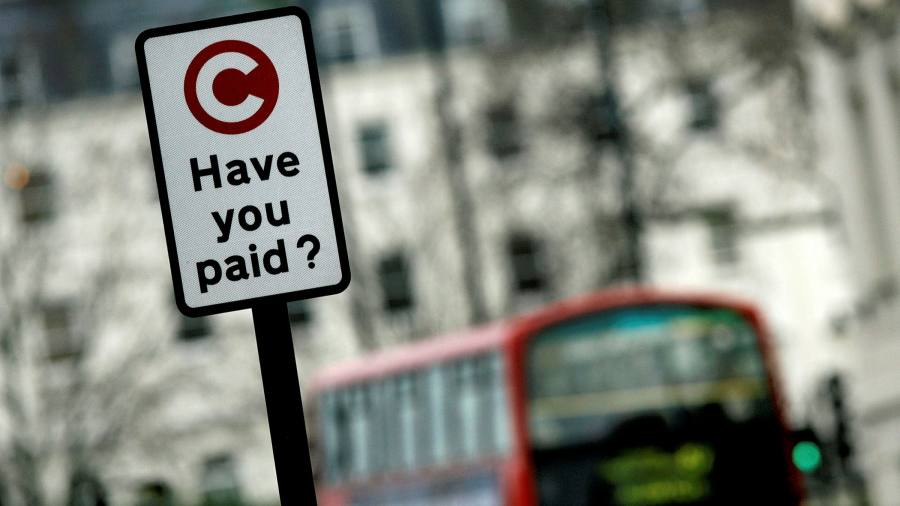[ad_1]
Capita is seeking to raise £400m from asset sales and embark on further restructuring as it warned that the Covid-19 pandemic and a loss of contracts had slowed the recovery of one of the British government’s largest suppliers.
Revenues fell to £3.3bn in 2020, down from £3.7bn the previous year, as coronavirus-induced lockdown measures affected Capita’s travel, leisure and events business, where it is paid according to the volume of customers served. The company on Wednesday reported a pre-tax loss of £49.4m in 2020, narrower than its £63m loss in 2019.
Capita is one of the government’s biggest contractors, running the London congestion charging zone, collecting the BBC licence fee, administering the Department for Work and Pensions’ universal credit scheme and providing security tags for offenders.
The company, which benefited from a drive to get private sector companies to run public services, has been trying to recover after growing too quickly through acquisitions and taking on a number of difficult contracts. In 2018, it raised £700m in a rights issue following multiple profit warnings, but it has struggled with a £1.07bn debt mountain.
Jon Lewis, the oil industry executive brought in to turn the business round three years ago, unveiled more restructuring measures on Wednesday. The business will be split into two core divisions — public sector, which includes its work for the central and local governments, and customer management, where it provides consulting, call centres and other digital services for clients including Samsung, O2 and Marks and Spencer.
The remainder of the business, which includes IT hardware, human resources and insurance companies, will be put up for sale with the aim of raising at least £400m to repair its debt-laden balance sheet over two years.
Businesses on the block include Axelos, a joint venture with the Cabinet Office, which manages qualifications, and Fera, a scientific research agency which it oversees for the government. Last year, Capita sold its education software business for a lower than expected £298m.
Around 85 per cent of Capita’s 60,000 staff were able to work from home during the crisis, but the company also took furlough support from the UK government for around 4,000 workers. It plans to allow employees to work from home most of the time in the future, enabling Capita to recruit from around the country and close down some offices.
“Despite the challenges, we have continued to make good progress, improving client relationships and winning significant new contracts,†chief executive Lewis said. “Capita is a much better business than it was three years ago when we began our transformation.â€
Coronavirus business update

How is coronavirus taking its toll on markets, business, and our everyday lives and workplaces? Stay briefed with our coronavirus newsletter.
[ad_2]
Source link






